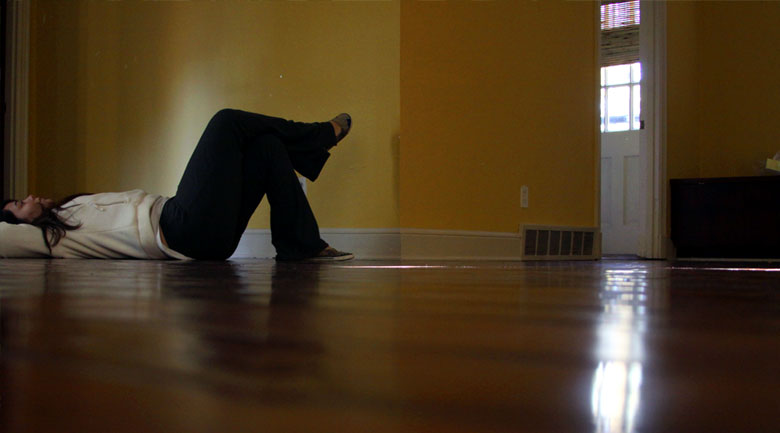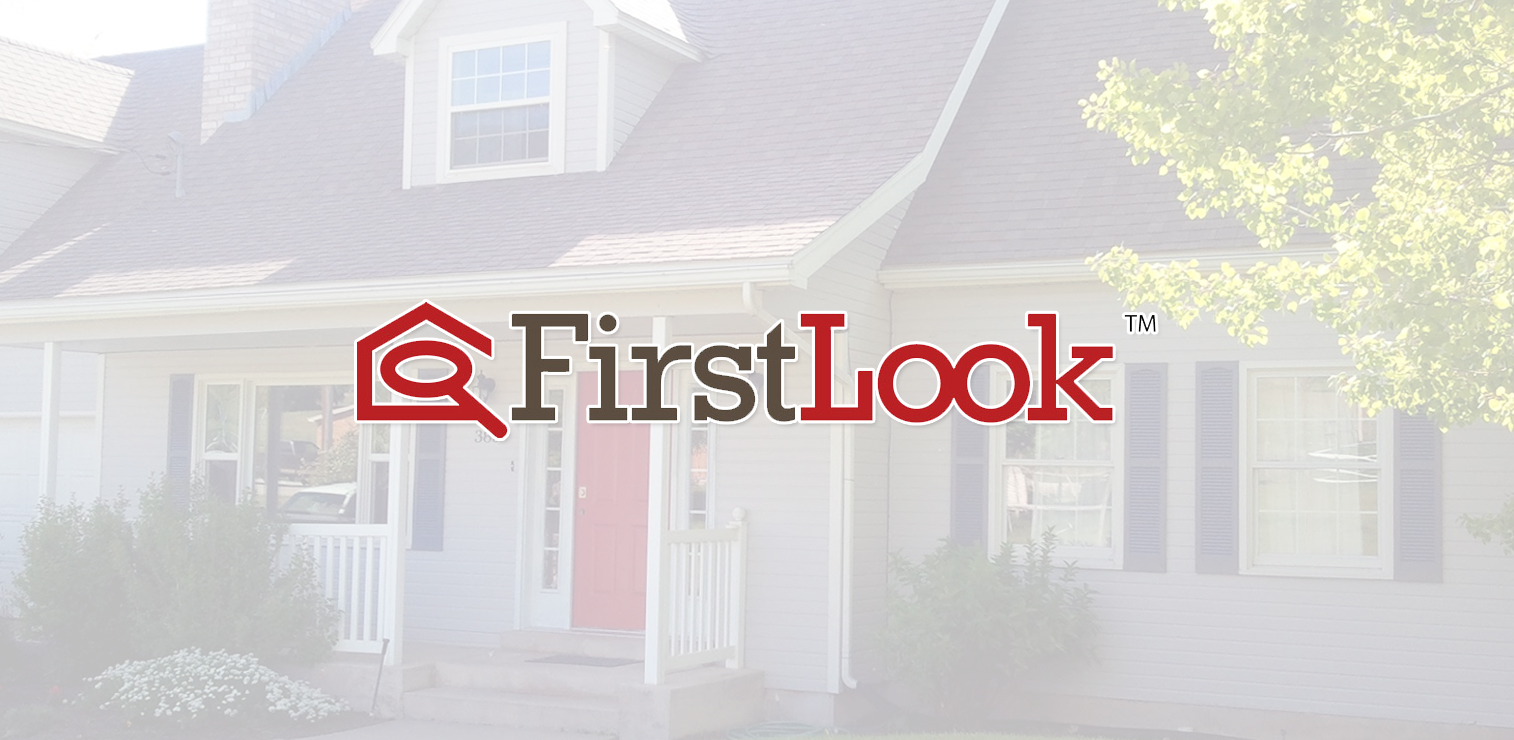
Relief for underwater homeowners
Beginning next month, Fannie Mae and Freddie Mac will allow underwater homeowners to walk away from their homes in a controversial move to offer relief to homeowners who have kept up with their payments, according to Bloomberg.com. While most contention has centered around homeowners that fail to or cannot pay their mortgages, many argue that homeowners owing more than their house is worth are also victims of the recession, which Fannie and Freddie intend to address.
The two mortgage giants back the majority of home loans in America, totaling over $5.2 trillion in mortgages. If homeowners with loans backed by Fannie or Freddie can show they owe more than their house is worth but have paid their loan on time, and they can show they need to relocate due to work, illness, or other qualifying reasons, they can apply for a deed-in-lieu transaction which will forgive the difference between the home’s value and the remaining balance on the mortgage, in exchange for handing the property over.
Bloomberg reports that under specific circumstances, underwater homeowners may still be required to pay a portion of the difference as a cash contribution of up to 20 percent of their financial reserves (excluding retirement funds), or a promissory note for future no-interest repayments.
Support for this controversial move
Supporters note that previous attempts to help struggling homeowners pushed borrowers to default before they could receive help, whereas this program incentivizes only behavior that is positive and keeps their loan on track, noting that underwater homeowners didn’t make a bad purchase decision, rather were punished by lending and housing policies that crashed the economy.
“Fannie and Freddie are finally recognizing that some people are stuck in their homes,” the director of housing finance and policy at the Center for American Progress tells Bloomberg. “There are a lot of families who need to move who can’t do it if they’re going to have debt hanging over their heads. There’s no winner when someone is forced to default on their mortgage — not the investor, not the homeowner, and certainly not the neighborhood.”
Criticism for this controversial move
Some suspect the timing of the announcement, as the housing sector is finally beginning to improve, with home values steadily improving – with Fannie and Freddie owing taxpayers a combined $190 billion, it could stunt their ability to repay.
“It’s an extraordinarily generous approach for companies still in debt to American taxpayers,” said Phillip Swagel, a professor at the University of Maryland’s School of Public Policy in College Park, Maryland. “We’re giving people an incentive to walk away, right when the housing market is starting to right itself.”
Tara Steele is the News Director at The American Genius, covering entrepreneur, real estate, technology news and everything in between. If you'd like to reach Tara with a question, comment, press release or hot news tip, simply click the link below.









































Brad Yzermans
January 29, 2013 at 7:11 pm
How is this any different than a regular short sale and not having had
any late payments? Homeowners with Fannie/Freddie loans have always
been able to apply for a hardship (relocate, job transfer, illness) and short sale their home.
What would you consider to be the biggest benefit of a deed-in-lieu
versus a short sale?
If short selling with no late payments, a borrower would be able to qualify and buy again much sooner using FHA financing than if they did a deed-in-lieu.
Mark Miller
January 30, 2013 at 10:01 am
The value of your home has nothing to do with your ability to pay the mortgage. If you can pay the mortgage, over 30 years, the house will be paid off and it will be worth more than you owe since you’ll owe zero. Two people buy 300K houses side by side. One puts down 20% and the other 0%. If the house is now worth 250K, one guy is under water and the other is not. How is this scheme fair to the guy who put down 20% and still saw the home value drop?
MattThomson
January 30, 2013 at 11:14 pm
Seems worse than a short sale to me. Short sales rarely have to pay 20% of their cash reserves.